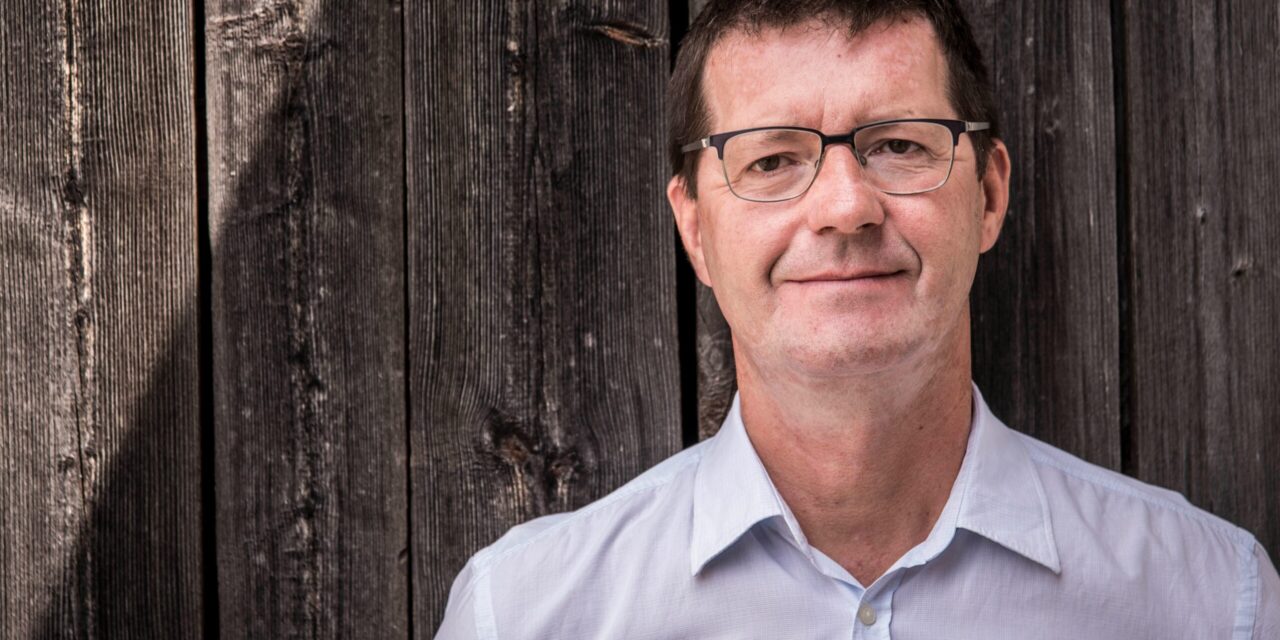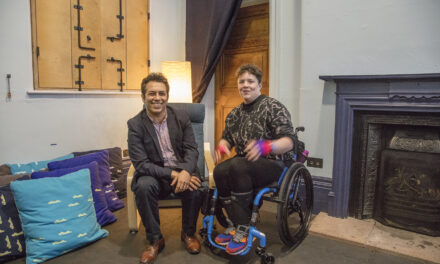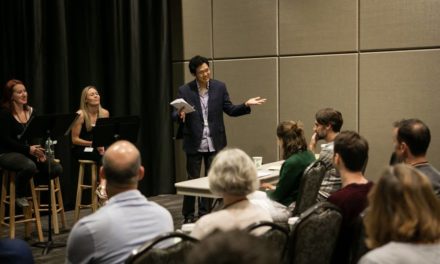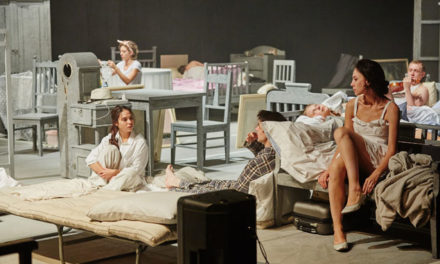In the post-Soviet area, the play’s path to the stage has always been a thorny one, so the drama of the post-Soviet countries is still little known abroad. However, with initiatives such as the Polish-based Laboratory for the Central and Eastern Europe’s Theatre and Drama Study, a veil of secrecy has been lifted from the drama of the former Soviet republics.
The Laboratory for the Central and Eastern Europe’s Theatre and Drama Study has been operating at the University of Warsaw for five years already. One of the forms of the laboratory’s activity is the translation of Central and Eastern Europe’s contemporary drama into Polish. In a short time, about 130 plays were translated, and 25 anthologies were published. Today we are going to talk with the head of the laboratory, Professor Andrei Moskwin.
Alexander: Andrei, you are the head of the Laboratory for the Central and Eastern Europe’s Theatre and Drama Study at the University of Warsaw. Could you tell us more about the Laboratory?
AM: The laboratory began its work in 2016. This was the time when laboratories at the University of Warsaw began to appear swiftly. So I also decided to create a laboratory, since I’ve been promoting in Poland theatre and drama of Central and Eastern Europe, as well as Polish culture outside Poland for several years. The decision was made by the board of the Faculty of Applied Linguistics, and since July, 1st we’ve started to act.
We have several directions: scientific activity, organization of seminars, translation of Central and Eastern Europe’s contemporary drama into Polish and the publication of anthologies, as well as promotion of these works among Polish theatres. Over time, we have expanded our activities to the post-Soviet space. Thus, we want to help theatre experts, theatres, and playwrights from Central Asia and the Caucasus to enter the European cultural field. So our laboratory began to act as an intermediary. To this end, we are starting to publish the Studia Teatralne Europy Środkowo-Wschodniej (Theatre Studies Of Central And Eastern Europe) and the Informator Science Magazines, in which we will inform you about all our initiatives. And there are more and more of them coming up.
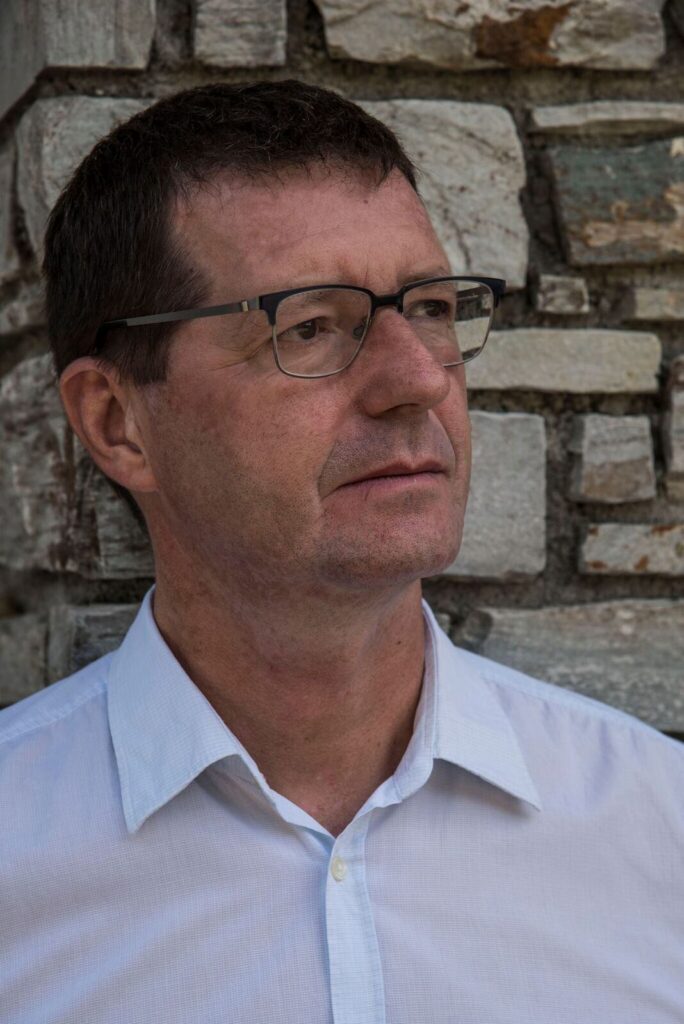
Andrei Moskwin. Photo Courtesy of Andrei Moskwin.
Alexander: What was the impetus for the creation of the Laboratory?
AM: I am a Slavic scholar by education, a graduate of Moscow University, I know several Slavic languages, and I am well acquainted with the history and culture of the Central and Eastern European Region. I noticed that after the collapse of the Soviet Union and the “Eastern bloc”, the ties between these countries weakened. Meanwhile, it is there that quite interesting things are taking place, including the process of identity development and national culture creation without any interference of ideology and politics. Contemporary drama (which, in my opinion, is the most interesting in the post-Soviet space) and independent theatre are actively developing in Belarus, documentary theatre is developing in Russia, an interesting group of directors of the middle generation has appeared in Ukraine, in Slovakia there’s a national theatre in Bratislava has an interesting concept of development, in the Czech Republic the festival movement is developing (the “Divadlo” festival in Pilsen is the main one). Interesting directors, stage designers have appeared, and all these phenomena should be described, noted, and, most importantly, popularized. So our Laboratory performs this function.
Alexander: Over the seven years of its existence, the Laboratory has published 25 anthologies. Which pieces do you choose to translate and why?
AM: First of all, I am interested in plays that touch upon pressing issues, and which are written in modern language. Those who trace, try to understand, and express the new reality. After all, we are still living in a period of transformation and it’s very interesting how young authors are describing it. We also pay attention to the plays about the identity problems, about faith, the conflict between the authorities and society, and interethnic problems.
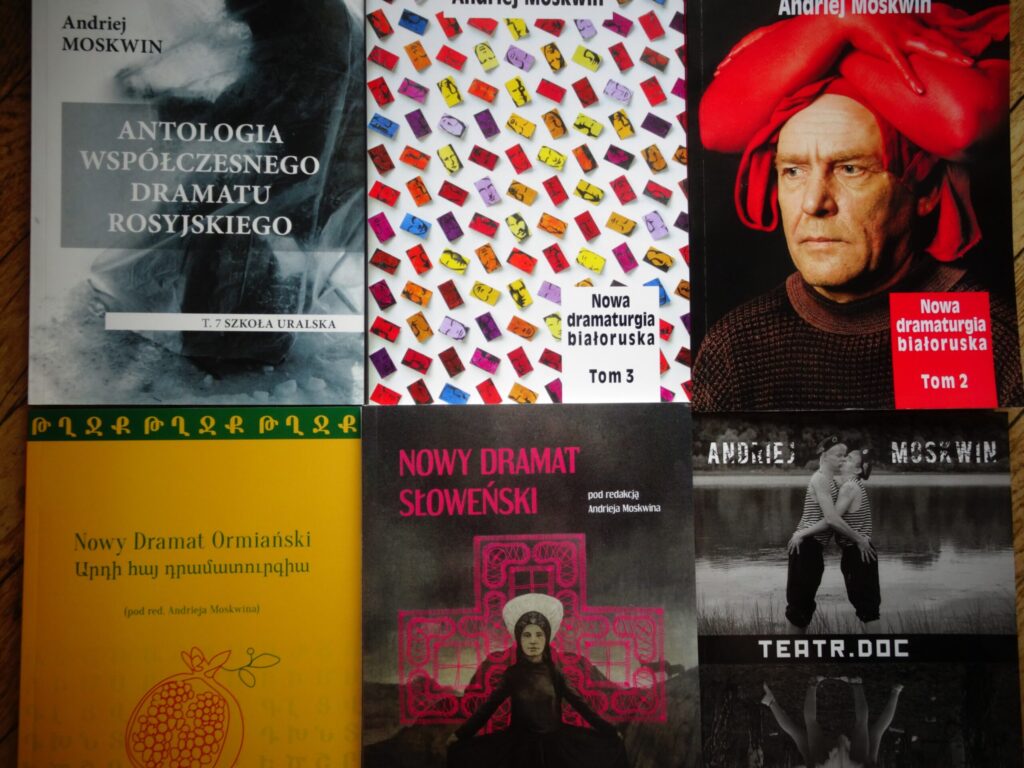
Anthologies published by the Laboratory for the Central and Eastern Europe’s Theatre and Drama Study. Photo Courtesy of Andrei Moskwin
Alexander: Which plays and which playwrights, you have worked with, do you like and why?
AM: When discovering a play, we discover a new author as well. We have discovered Ivan Vyrypaev for Poland (I was the first who’s translated his play Dreams), Yaroslava Pylinovich, Mikhail Durnenkov, Dmitry Bogoslavsky. Today these authors are known all over the world, which is largely our merit because in Europe it often happens, that novations from Poland spreads further.
It is these playwrights that are very important to me. I like plays by Natalya Vorozhbit, Pavel Pryazhko, Vitaly Korolev, Andrei Ivanov, Nikolai Rudkovsky, Alexey Makeichik, Andrei Kureichik as well. All of them are representatives of the “new drama” movement. I like their pursuit of global topics, which are important for our region. Their way of thinking is close to me. I am close to their courage to speak, to write innovatively, but at the very same time preserving the traditions.
Alexander: Who is your project for? And how much is it in demand in Poland?
AM: Our project has several goals. First of all, these are literature (including drama) aficionados, those who are interested in Eastern and Central Europe. It should be emphasized that there are a lot of such aficionados in Poland. Also, there are researchers of drama and theatre, thanks to whose interests scientific works appear. Some theatres are constantly searching for new plays to stage. So we are opening new authors for Poland.
Now many people know about us. All our anthologies are in all important libraries in Poland, they write to us, ask for specific plays, theatres first and foremost. Recently, after the events in Belarus, I received offers to cooperate with six Polish theatres. So I sent them plays. One of these theatres, “Teatr Dramatyczny w Warszawie”, will organize a month of Belarusian drama in October, where four plays that were translated by us will be presented.
I am sure that every year the interest in the work of our Laboratory will grow. We send all our publications to the main Polish libraries. The Theatre Institute (Warsaw) has a bookstore where you can order any volume of the anthology. We are organizing a scientific conference dedicated to the problem of postcolonialism, we are going to study the history of post-Soviet national theatres. A Kazakh, Azerbaijani and Czech anthologies are preparing. So, as you can see, we have quite a lot of plans.
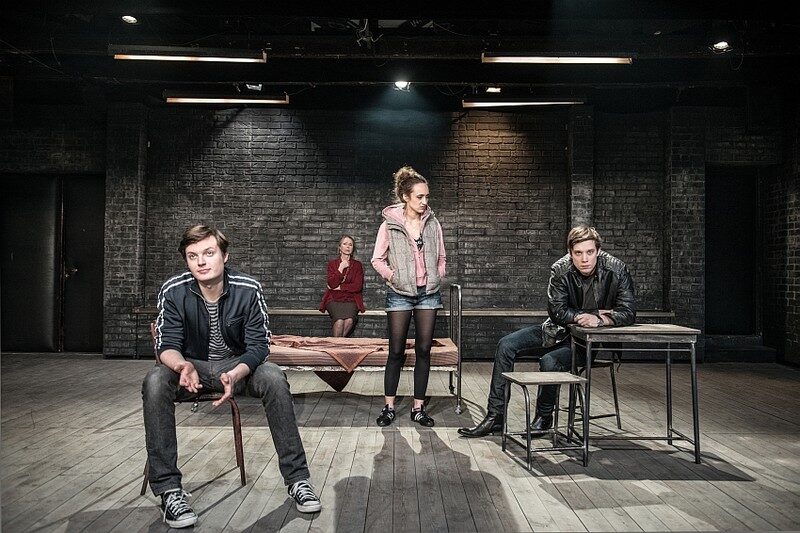
Zabójca (A Murderer). Play by Aleksandr Molczanow, director Wojciech Urbański Maria Mamona, Mateusz Król, Kamila Kuboth, Michał Mikołajczak. Photo Credit: Magda Hueckel.
Alexander: And the last but not least question. What is the main mission of the Laboratory?
AM: It is important for us that both well-known and experienced interpreters, as well as very young beginners – my students work with us. This is an incredible experience for them. It’s not only about getting acquainted with the language. It is also about getting acquainted with another country cultural peculiarities.
This post was written by the author in their personal capacity.The opinions expressed in this article are the author’s own and do not reflect the view of The Theatre Times, their staff or collaborators.
This post was written by Alexander Mantush.
The views expressed here belong to the author and do not necessarily reflect our views and opinions.

